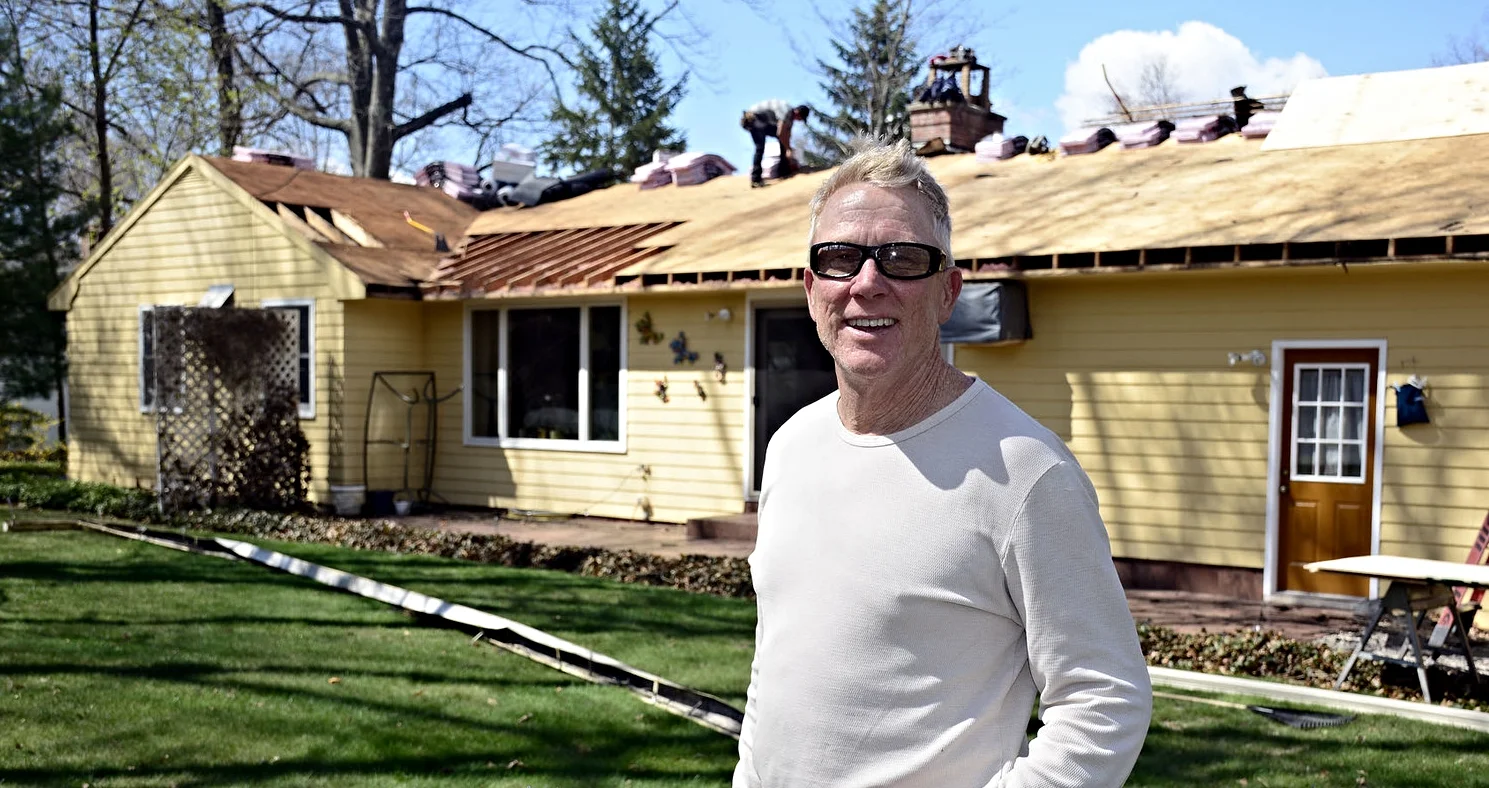Keep Your Pipes Safe During Freezing Weather
Chelsea O'Donnell
With the cold settling in next week, now is the time to ensure your pipes are prepared to withstand freezing temperatures. A burst pipe in winter isn’t just inconvenient—it can lead to costly repairs. Follow these tips to reduce your risk.
Protect Outdoor Water Sources
Outdoor water features like pools and sprinkler systems are particularly vulnerable in freezing conditions. Drain any standing water to prevent it from freezing and expanding. Unheated areas are especially at risk, so take precautions to avoid damage.
Store Outdoor Hoses
Disconnect and drain outdoor hoses before storing them for the season. Make sure to close outdoor valves to prevent any residual water from freezing. Proper storage will help ensure your hoses last longer.
Insulate Your Attic
Adding an insulated box above your attic hatchway can help retain heat throughout your home. Attics are often under-insulated and can become the coldest part of the house, increasing the risk of freezing pipes.
Insulate Water Supply Lines
Identify and insulate exposed water supply lines, including both hot and cold pipes. Affordable solutions like pipe sleeves and heat tape can provide added protection against freezing temperatures.
Seal Unheated Spaces
Keep unheated areas, such as garages, closed whenever possible. Garages often house water lines that are susceptible to freezing when the temperature drops significantly.
Maintain Your Thermostat
If you’re leaving home for an extended period, set your thermostat no lower than 55 degrees. This balance prevents freezing pipes while still conserving energy.
What to Do if a Pipe Freezes
If you suspect a pipe has frozen, here are some immediate steps:
Leave faucets slightly open to encourage water flow and help thaw partially frozen pipes.
Use tools like a hair dryer, heating pad, or space heater to warm the frozen section gradually.
Inspect all water sources—if one pipe is frozen, others may be as well.
If you’re unsure or the problem persists, contact a plumber to avoid further damage.
For serious cases, shut off your home’s main water valve and leave faucets open to relieve pressure.
A burst pipe can lead to significant flooding and long-term issues like mold, impacting both your home and your family’s health. Don’t wait—take these precautions now to safeguard your home during winter’s chill.
Bob O'Donnell is the owner of O'Donnell Bros, Inc., a Bristol-based home improvement company established in 1975. For remodeling needs, contact O'Donnell Bros, Inc. at (860) 589-5155 or visit www.odonnellbros.com. Submit your questions to Bob at info@odonnellbros.com with the subject line "Ask the Pro." All questions may be considered for publication, and advice is for guidance only.
